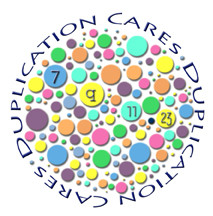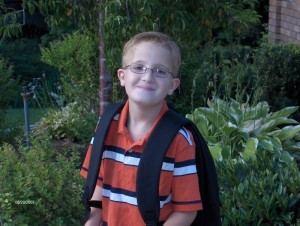Educational Advocacy
EDUCATIONAL STRATEGIES
Connecting the 7q11.23 Duplication student profile to educational strategies
While each individual with 7q11.23 Duplication is unique, there are some cognitive patterns present with the duplication.
Strengths
Individuals with 7q11.23 Duplication do well when presented with structure, routine, and predictability.
Areas of Concern
- Attending difficulties (often distractible & impulsive), ADHD is frequently a contributing factor. Abstract concepts and abstract reasoning can be challenging (math story problems, reading comprehension).
- Speech and Language delays and/or disorders (such as oral apraxia, verbal apraxia (Childhood Apraxia of Speech), phonological disorder and dysarthria). Speech challenges may also include difficulties in expressive language and sometimes literacy. Many of the children who do not have apraxia still show some features of that disorder. Receptive language is often stronger than expressive language. Many children speak in very short utterances and often leave out grammatical markers (e.g., past tense “–ed,” copula “is”).
- Intellectual abilities are typically within the low average range, however wide ranges of severity may occur. Appropriate psychological/cognitive testing will be helpful to determine the individual’s learning strengths and weaknesses at school age. Early intervention and ongoing therapies will be important during this period of time.

